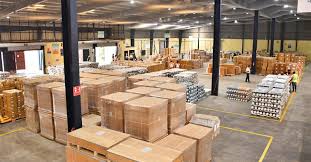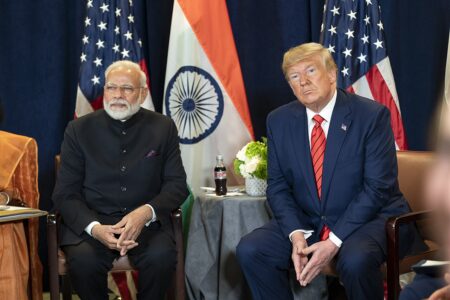
India’s logistics costs remain among the highest in the world, significantly impacting our competitiveness as a manufacturing and trade hub. To reduce this gap, we must accelerate the creation of integrated infrastructure. Dedicated freight corridors, robust state and district road networks, and seamless last-mile connectivity are vital. Equally important are road–rail–port linkages and multimodal hubs, which can deliver efficiency across the value chain.
Technology, too, must be seen as non-negotiable. Digital freight matching, automated clearances, and real-time cargo visibility are essential to reducing inefficiencies, fuel consumption, and handling costs. By tackling these structural issues head-on, India can strengthen its position as a cost-competitive global trade player.
Industrial parks as growth enablers
As urbanisation accelerates, demand hotspots are shifting closer to major cities. Grade-A logistics parks, strategically located within or near urban centres, enable occupiers to reduce lead times, serve quick-commerce timelines, and operate with leaner inventories. By integrating storage, processing, and value-added services, such spaces evolve into ecosystems that power expanding consumption corridors.
Equally important are industrial parks located near ports, airports, freight corridors, and Free Trade Zones. These assets reduce turnaround times, streamline processes, and provide faster access to international markets. By clustering packaging, customs facilitation, and multimodal connectivity, they create seamless integration with global trade networks.
Policy as a catalyst
India’s manufacturing ambitions and GDP goals will not be achieved without smoother policy frameworks. Land zoning, licensing, and permits must be faster and more transparent. Uniform warehousing standards, harmonised truck axle norms, and simplified GST flows are equally important to ease operational bottlenecks. In parallel, customs modernisation, single-window trade systems, labour reforms, and PPP-led investments can unlock the next wave of logistics growth.
Sustainability as a baseline
Sustainability has shifted from being a differentiator to becoming a baseline expectation. Global occupiers today evaluate ESG credentials, certifications, and net-zero pathways as decision filters. Practical measures such as rooftop solar, EV charging, rainwater harvesting, waste segregation, and energy-efficient lighting not only protect the environment but also generate operational savings.
At Horizon, this is a commitment in action. All our operational parks are IGBC Platinum-certified. For us, embedding sustainability into design and operations is about future-proofing assets and giving occupiers confidence that their growth in India is aligned with global benchmarks.











